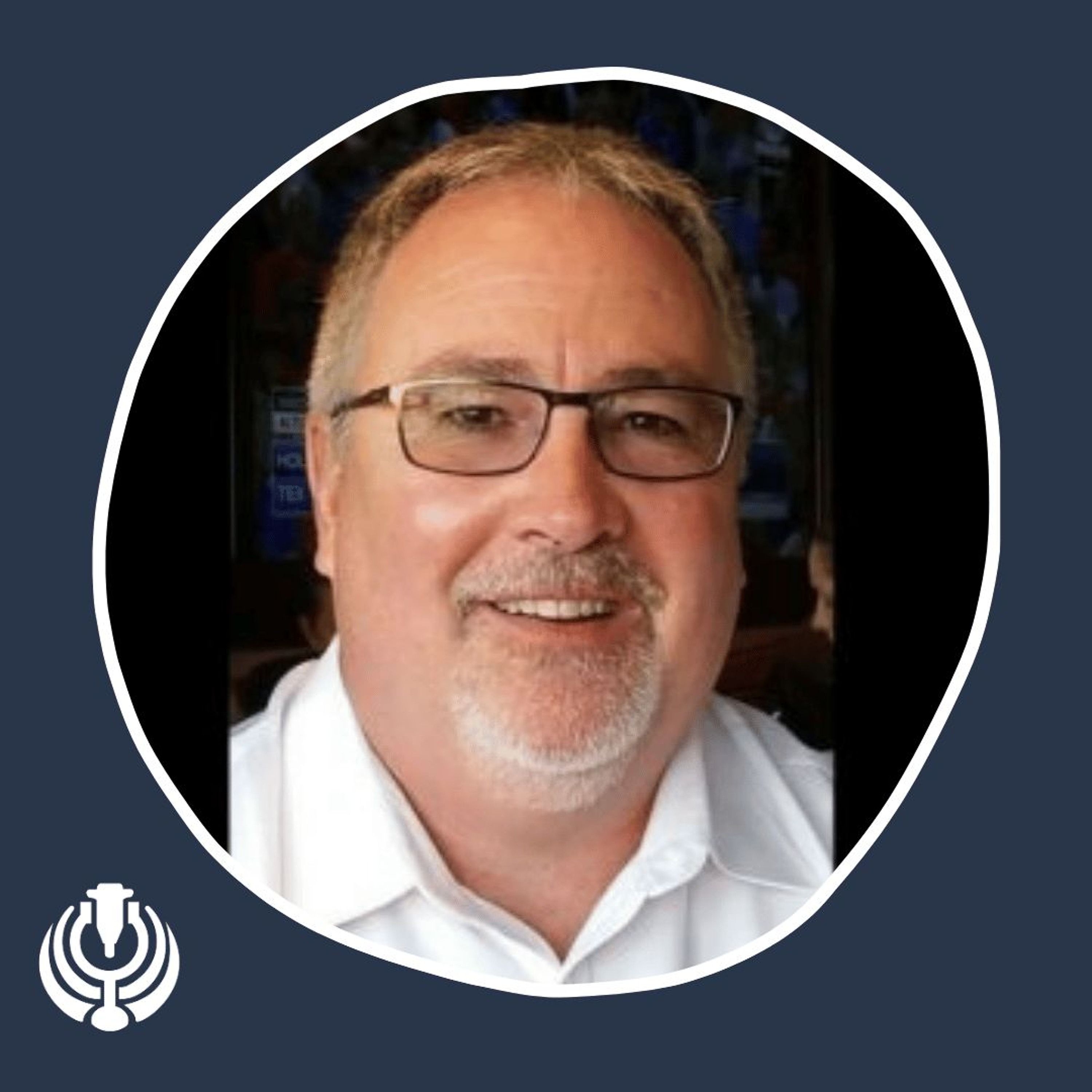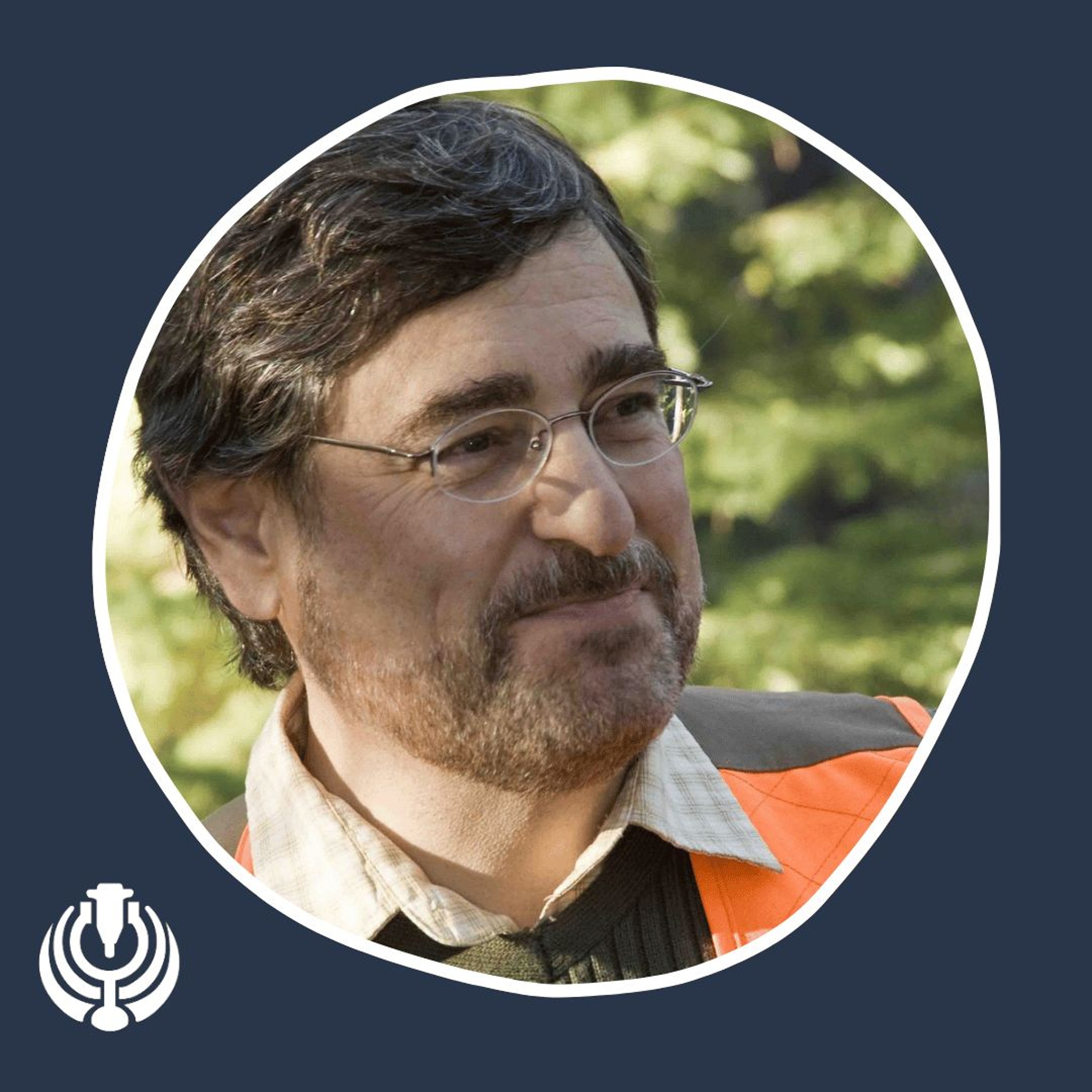243: Saving Lives Before Disaster Strikes - Ron Harris on Proactive Risk Reduction
Update: 2024-11-21
Description
"The 2004 Indian Ocean tsunami was a wake-up call. It showed me that even the best science fails without effective communication and proactive strategies to save lives."
In this episode, host Andrew Geary talks with Ron Harris, Geological Sciences Professor at Brigham Young University, about his groundbreaking work in disaster preparedness. Ron shares insights from his Global Sustainability lecture (supported by the Baker Hughes Foundation) and the Geoscientists without Borders Java WAVES project, which focuses on how scientific research can save lives in disaster-prone regions.
KEY POINTS & TAKEAWAYS
> Proactive Disaster Preparedness: Ron champions moving beyond reactive approaches, using community-based education to prepare for potential hazards before they occur.
> The "20-20-20" Evacuation Principle: This innovative rule helps communities quickly self-evacuate after earthquakes. By combining scientific data with simple messaging, Ron created a lifesaving tool anyone can understand and implement.
> Science Meets Community Action: Through his WAVES team, Geoscientists without Borders, and In Harm's Way, Ron proves that bridging scientific insights with local leadership can dramatically reduce disaster risks.
> Cultural Engagement: Ron has found powerful ways to boost community preparedness by collaborating with Indonesian scouting groups and integrating local heroes into disaster messaging.
> A Challenge to Future Geoscientists: Ron encourages young researchers to align their skills with societal needs, demonstrating how scientific expertise can create real-world impact.
LINKS
* Support GWB - https://seg.org/programs/geoscientists-without-borders/
* Register for Ron's talk - https://seg.org/education/lectures/seg-global-sustainability-lectures-ron-harris/
* Visit https://seg.org/podcasts/episode-243-saving-lives-before-disaster-strikes-ron-harris-on-proactive-risk-reduction/ to discover past podcasts on humanitarian geophysics and all the links for this episode.
GUEST BIO
Professor Ron Harris specializes in plate tectonics and associated geophysical hazards. He received his BSc. in Geology from the University of Oregon, an MSc. in Geophysics from the Geophysical Institute of Alaska, and a Ph.D. in Geodynamics from University College London, UK.
Ron has worked for oil, mining, and environmental companies, for the U.S. Geological Survey, and with the governments of several developing countries threatened by natural hazards. Dr. Harris has taught at universities in the U.S., Great Britain, Oman, Taiwan, and Indonesia. He has been invited to make over 200 presentations, has 95 peer-reviewed publications, written books and garnered several research grants and awards.
Dr. Harris’ research integrates many sub-disciplines, but the common thread is applying geoscience to societal needs. He founded the nonprofit organization In Harm's Way, which identifies areas most vulnerable to natural disasters and helps community-based organizations communicate risk and implement effective risk-reduction strategies that save thousands of lives.
SHOW CREDITS
Andrew Geary at TreasureMint hosted, edited, and produced this episode. The SEG podcast team comprises Jennifer Cobb, Kathy Gamble, and Ally McGinnis.
If you have episode ideas or feedback for the show or want to sponsor a future episode, email the show at podcast@seg.org.
In this episode, host Andrew Geary talks with Ron Harris, Geological Sciences Professor at Brigham Young University, about his groundbreaking work in disaster preparedness. Ron shares insights from his Global Sustainability lecture (supported by the Baker Hughes Foundation) and the Geoscientists without Borders Java WAVES project, which focuses on how scientific research can save lives in disaster-prone regions.
KEY POINTS & TAKEAWAYS
> Proactive Disaster Preparedness: Ron champions moving beyond reactive approaches, using community-based education to prepare for potential hazards before they occur.
> The "20-20-20" Evacuation Principle: This innovative rule helps communities quickly self-evacuate after earthquakes. By combining scientific data with simple messaging, Ron created a lifesaving tool anyone can understand and implement.
> Science Meets Community Action: Through his WAVES team, Geoscientists without Borders, and In Harm's Way, Ron proves that bridging scientific insights with local leadership can dramatically reduce disaster risks.
> Cultural Engagement: Ron has found powerful ways to boost community preparedness by collaborating with Indonesian scouting groups and integrating local heroes into disaster messaging.
> A Challenge to Future Geoscientists: Ron encourages young researchers to align their skills with societal needs, demonstrating how scientific expertise can create real-world impact.
LINKS
* Support GWB - https://seg.org/programs/geoscientists-without-borders/
* Register for Ron's talk - https://seg.org/education/lectures/seg-global-sustainability-lectures-ron-harris/
* Visit https://seg.org/podcasts/episode-243-saving-lives-before-disaster-strikes-ron-harris-on-proactive-risk-reduction/ to discover past podcasts on humanitarian geophysics and all the links for this episode.
GUEST BIO
Professor Ron Harris specializes in plate tectonics and associated geophysical hazards. He received his BSc. in Geology from the University of Oregon, an MSc. in Geophysics from the Geophysical Institute of Alaska, and a Ph.D. in Geodynamics from University College London, UK.
Ron has worked for oil, mining, and environmental companies, for the U.S. Geological Survey, and with the governments of several developing countries threatened by natural hazards. Dr. Harris has taught at universities in the U.S., Great Britain, Oman, Taiwan, and Indonesia. He has been invited to make over 200 presentations, has 95 peer-reviewed publications, written books and garnered several research grants and awards.
Dr. Harris’ research integrates many sub-disciplines, but the common thread is applying geoscience to societal needs. He founded the nonprofit organization In Harm's Way, which identifies areas most vulnerable to natural disasters and helps community-based organizations communicate risk and implement effective risk-reduction strategies that save thousands of lives.
SHOW CREDITS
Andrew Geary at TreasureMint hosted, edited, and produced this episode. The SEG podcast team comprises Jennifer Cobb, Kathy Gamble, and Ally McGinnis.
If you have episode ideas or feedback for the show or want to sponsor a future episode, email the show at podcast@seg.org.
Comments
Top Podcasts
The Best New Comedy Podcast Right Now – June 2024The Best News Podcast Right Now – June 2024The Best New Business Podcast Right Now – June 2024The Best New Sports Podcast Right Now – June 2024The Best New True Crime Podcast Right Now – June 2024The Best New Joe Rogan Experience Podcast Right Now – June 20The Best New Dan Bongino Show Podcast Right Now – June 20The Best New Mark Levin Podcast – June 2024
In Channel
























